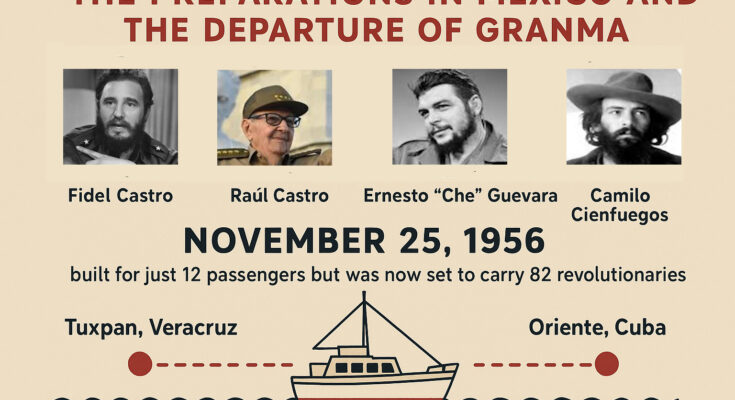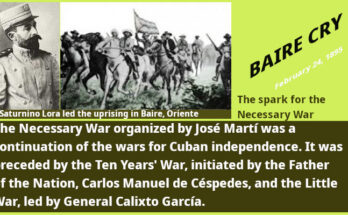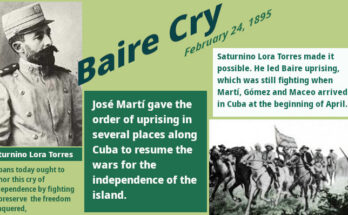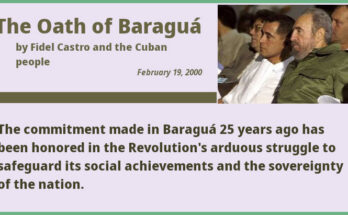The Preparations in Mexico and the Departure of Granma Back in the mid-1950s, Mexico turned into a secret training hub for a small band of Cuban exiles who were hell-bent on toppling the Batista regime. Among this group were notable figures like Fidel Castro, Raúl Castro, Ernesto “Che” Guevara, and Camilo Cienfuegos, all fueled by the dream of revolution.
They found refuge in safe houses scattered across Mexico City and Veracruz, where they meticulously planned their logistics, gathered funds, and secured weapons. Training sessions took place in the countryside, often under the watchful eyes of Mexican authorities, who sometimes arrested members of their ranks. Yet, despite these hurdles, the resolve of these men never faltered.
They had their sights set on a modest yacht named Granma, which was originally built for just 12 passengers but was now set to carry 82 revolutionaries across the Gulf of Mexico. By late November 1956, the rebels had amassed supplies: rifles, ammunition, food, and fuel. The yacht was bursting at the seams, but there was no turning back now.
Fidel Castro rallied his comrades with speeches, emphasizing that their mission was more than just landing in Cuba; it was about igniting a revolution. Che Guevara, battling asthma, prepared medical supplies and organized their meager provisions.
Camilo Cienfuegos, with his natural charm, worked to keep spirits high among the young and inexperienced men. At dawn on November 25, the Granma quietly slipped away from the Mexican coast at the port of Tuxpan, Veracruz. The yacht was crammed, its deck overflowing with men and supplies, making the journey a risky one.
The rebels sang softly, some praying, while others gazed at the horizon, fully aware that being discovered by Mexican authorities or intercepted at sea could spell disaster before they even began. Fidel stood at the bow, unwavering, proclaiming that they would reach Cuba and ignite the revolution, even if only a few of them made it across.
The Gulf of Mexico was a harsh mistress. The small yacht was battered by heavy seas, slowing their progress. What was supposed to be a quick crossing turned into a grueling ordeal that stretched over several days. Seasick and weary, they pressed on.




